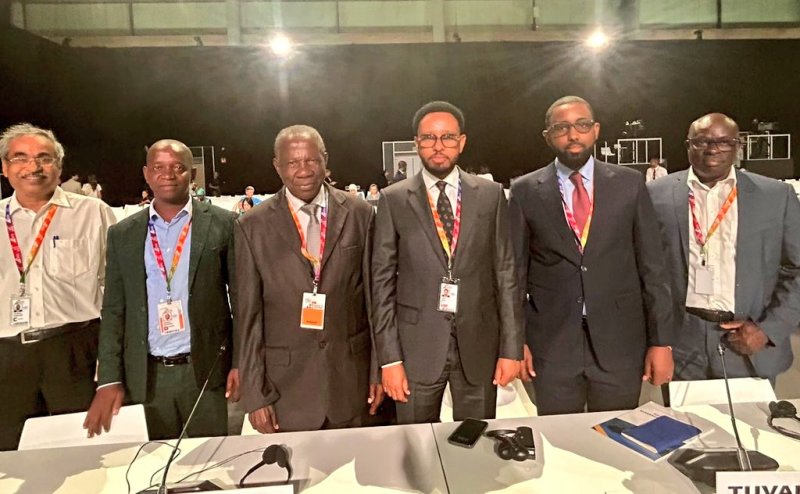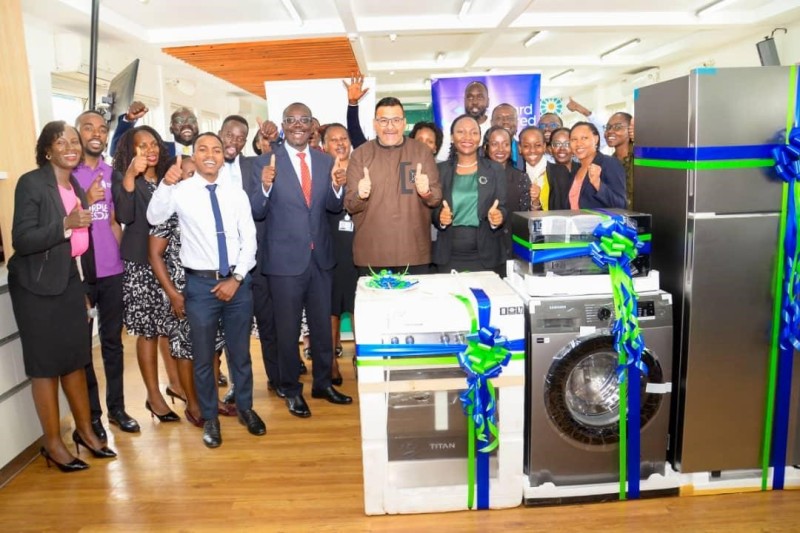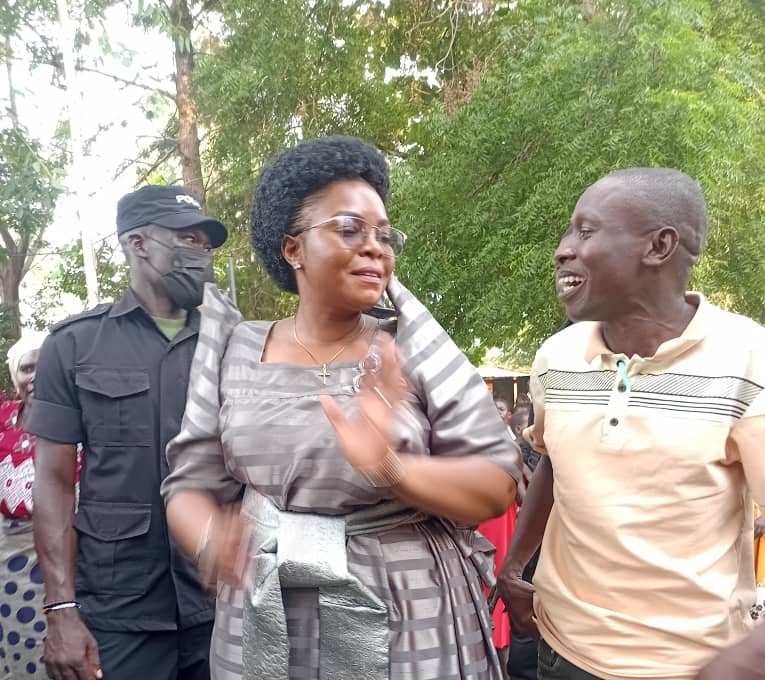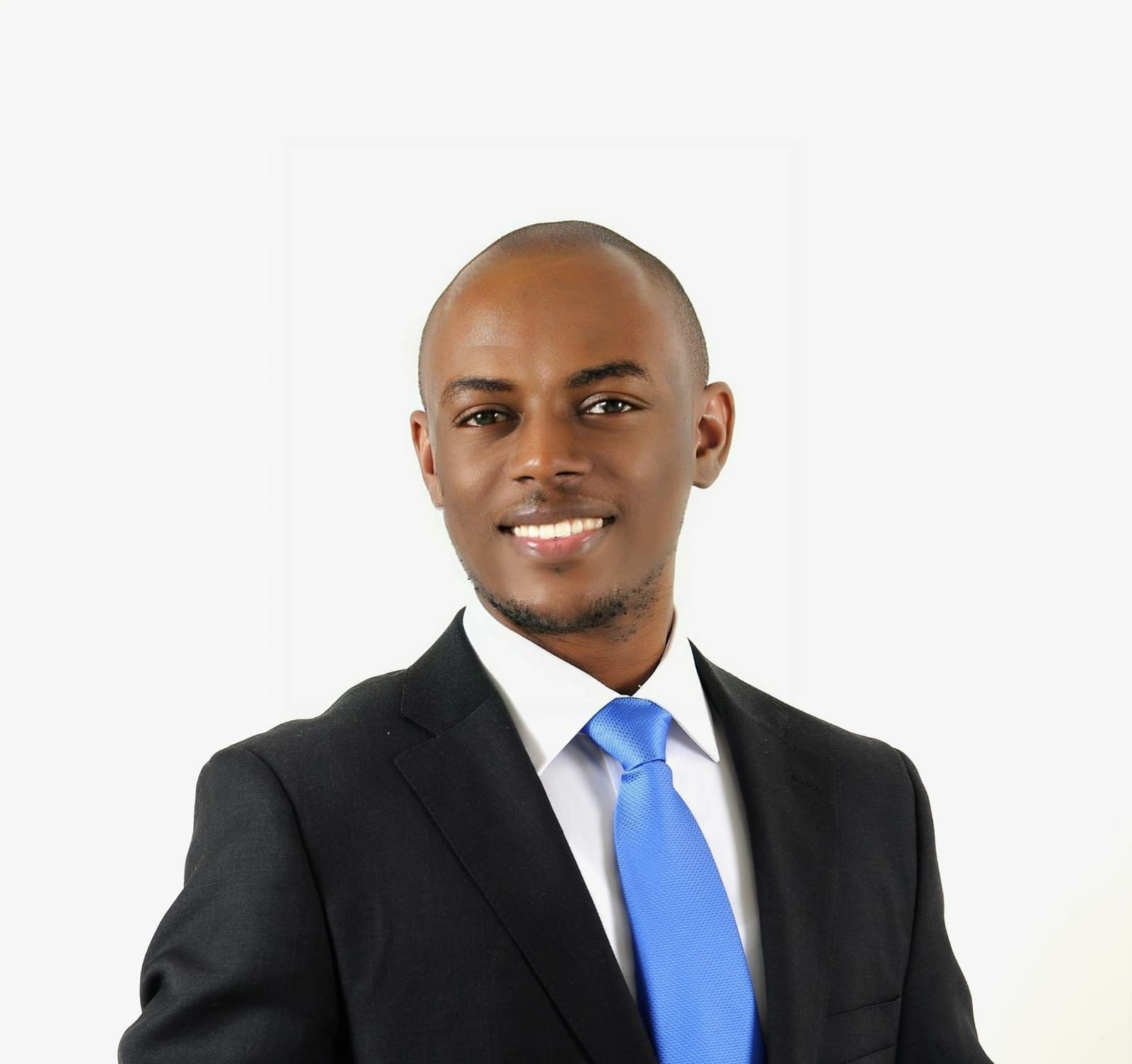FDC asks government to reduce taxes on private schools
While addressing the media at FDC headquarters in Najanankumbi, Kikonyogo advised the government to raise the capitation grants for Universal Primary Education (UPE) and Universal Secondary Education (USE).
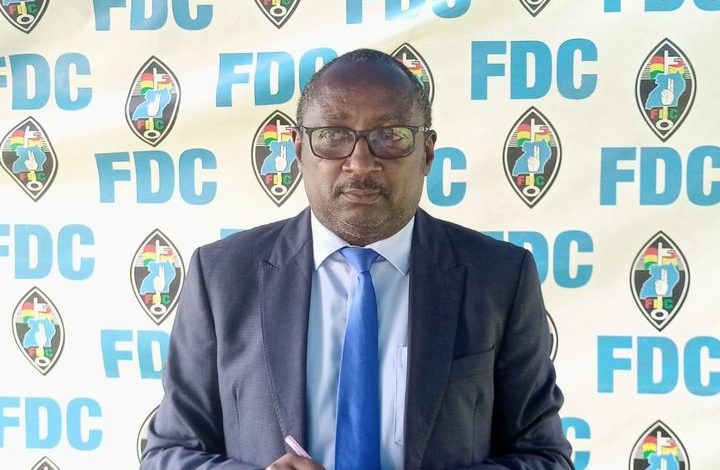
By Fahim Muyingo
Forum for Democratic Change’s deputy spokesperson John Kikonyogo has asked the government to lower taxes levied on private schools and scholastic materials to curb the expensive education system in the country.
While addressing the media at FDC headquarters on Monday in Najanankumbi, Kikonyogo advised the government to raise the capitation grants for Universal Primary Education (UPE) and Universal Secondary Education (USE).
However, much as the fee per student was raised from shillings 7,000 to shillings 20,000 annually in the 2021/2022 financial year, Kikonyogo said this is no longer enough according to the current economic situation in the country.
He said several schools have a lot of requirements needed to provide adequate education to the learners, however, the money does not enable them.
With the current provision of shillings 20, 000 for capitation grants in UPE and USE, Kikonyogo said this can only be equated to 5kilograms of posho provided by the government to feed and teach every learner per year.
Kikonyo urged that since the economy has hit so many schools in the country, the grant would at least rise to shillings 50, 000 per learner annually.
Concerning the current teaching practices in the country, he decried the education system subjected to pre-primary learners where a student is supposed to attend very early morning lessons.
Kikonyogo noted that with the big loads of exercises provided to learners, the government should intervene and strengthen the supervision of schools countrywide.
UPE and USE were introduced in Uganda, following a political commitment by President Museveni that the Government would meet the cost of primary education of four children per family.
This commitment was soon extended to allow all people that wanted to access primary education to do so, however, there are still financial challenges to fully implementing it.



